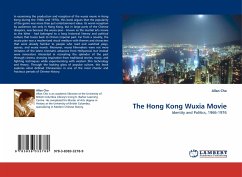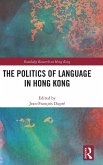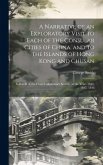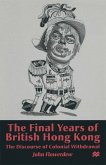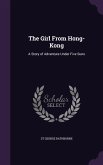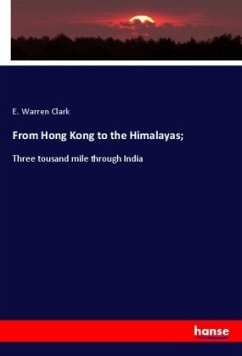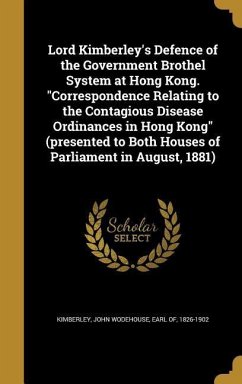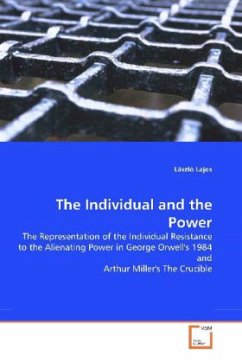In examining the production and reception of the wuxia movie in Hong Kong during the 1960s and 1970s, this book argues that the popularity of the genre was more than just entertainment value. Its warm reception by audiences not only in Hong Kong, but in large parts of the Chinese diaspora, was because the wuxia pian - known as the martial arts movie to the West - had belonged to a long historical literary and political culture that traces back to China's imperial past. Far from a novelty, the wuxia pian was a modernized visual medium with themes and characters that were already familiar to people who read and watched plays, operas, and wuxia novels. Moreover, wuxia filmmakers were not mere imitators of the latest cinematic advances from Hollywood, but instead were innovators interested in recreating the splendor of the past through cinema, drawing inspiration from traditional stories, music, and fighting techniques while experimenting with western film technology and theory. Through the looking glass of popular culture, this book explores what defined Chineseness in one of the most chaotic and fractious periods of Chinese history.
Bitte wählen Sie Ihr Anliegen aus.
Rechnungen
Retourenschein anfordern
Bestellstatus
Storno

